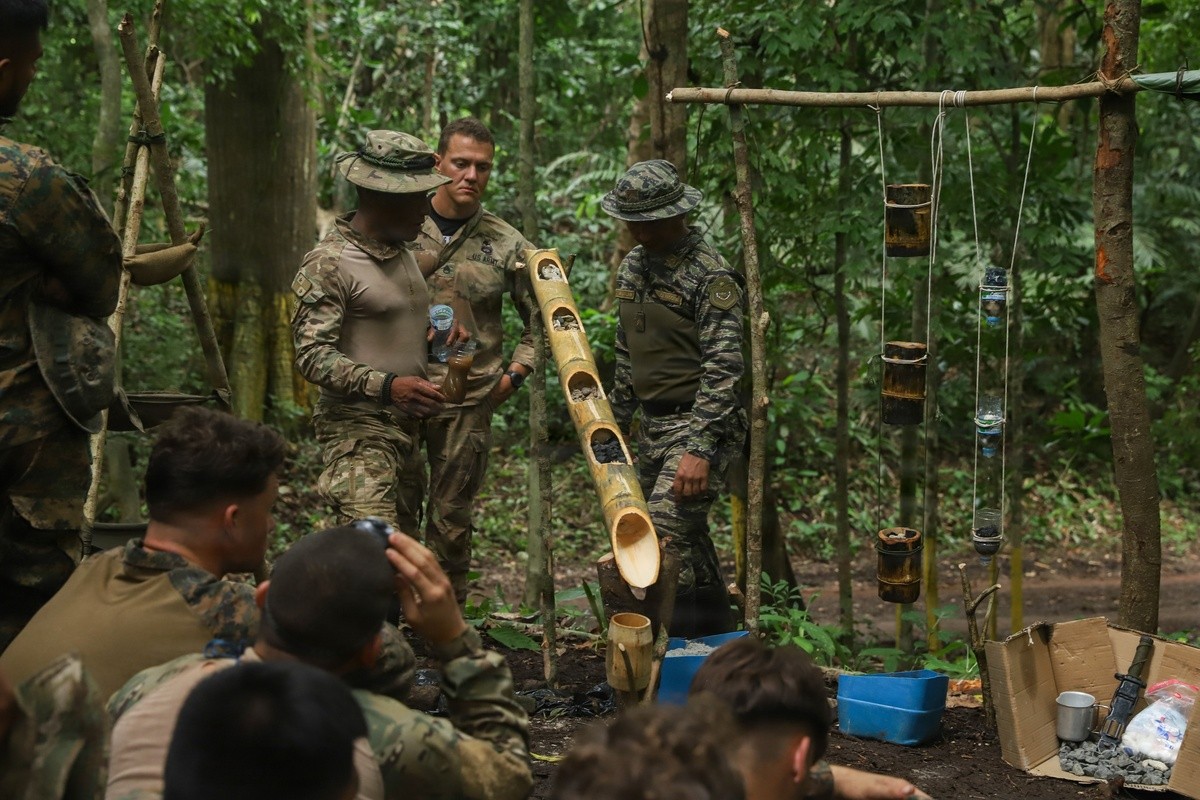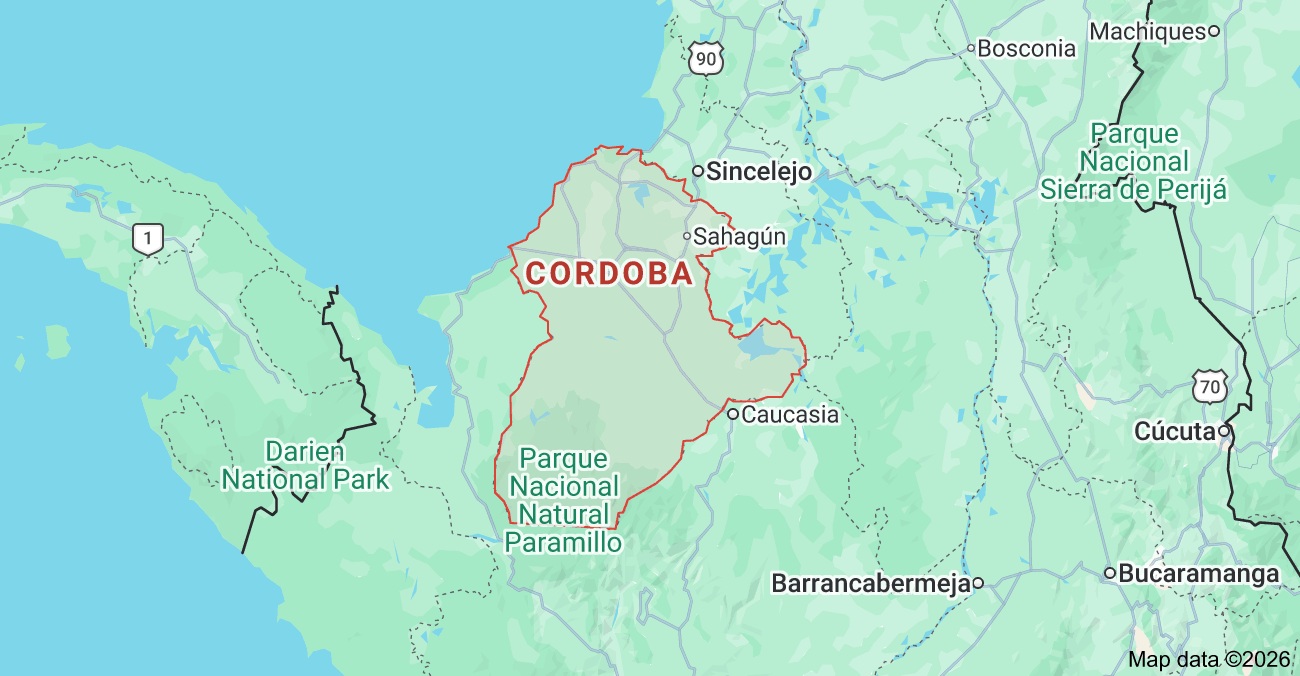Panama scientist leads US/Panama malaria research

A NEW MALARIA study, led by Panamanian researcher Dr. Nicanor Obaldía III – affiliated to the Gorgas Institute for Health Studies (Icges) and the Harvard University Department of Immunology and Diseases has been published by the American Society of Microbiology magazine Clinical Vaccine Immunology.

Malaria is a life-threatening disease caused by parasites of the genus Plasmodium, which transmit to humans by the bite of infected anopheles mosquitoes.
According to the World Heath Organization , the most dangerous species are Plasmodium falciparum and Plasmodium vivax.
Scientists are looking at how to treat this disease with preventative methods – such as vaccines – or therapeutic – with drugs and devices capable of killing the parasites. But it is a complex task, because the life cycle of the parasite runs within the mosquitoes and also in the body of the infected person
“One approach to improving protection is combining multiple antigens. Another way is using Heterologous primeboost immunization strategies,” the study details.
The prime boost strategy refers to an immunization schedule in which a DNA vaccine is administered first and then one of recombinant proteins or viruses, to elicit a response
The research also includes scientists from the U.S. Naval Medical Research Center Silver Spring (United States) and Vaxin Inc.





